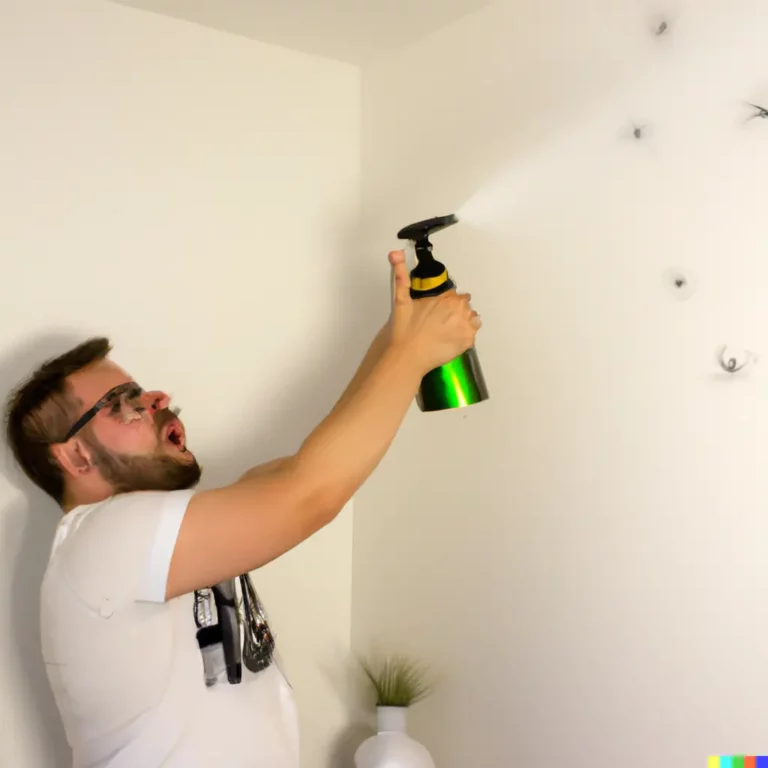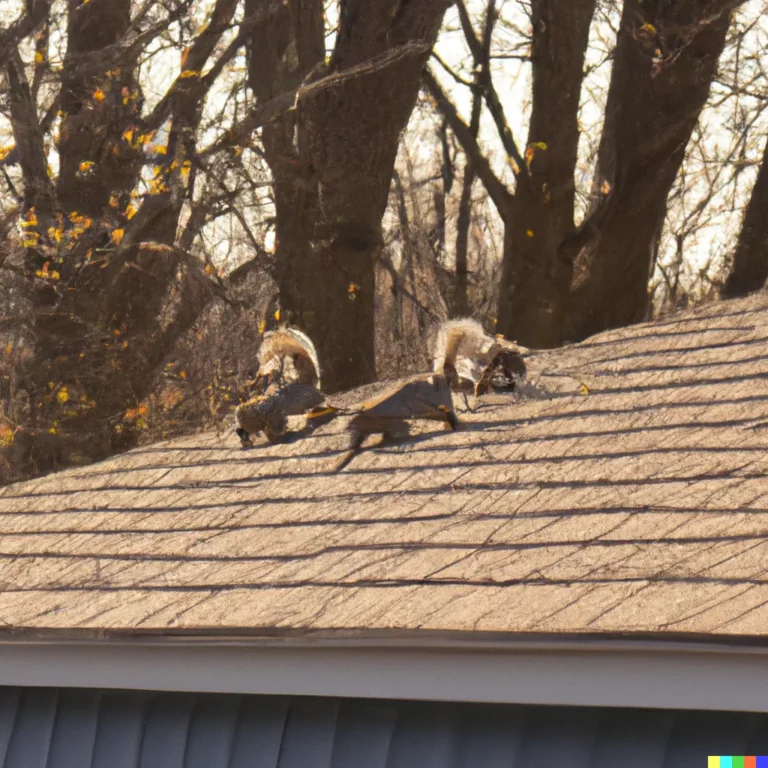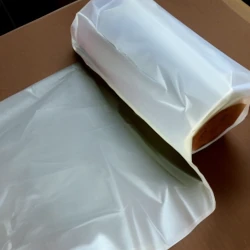How to make organic bug spray for vegetables
Are you tired of using harsh chemical pesticides on your vegetables? Do you want to find a more natural and organic way to protect your plants from bugs and pests? If so, then this blog post is for you! In this post, we will show you how to make your own organic bug spray for vegetables using all-natural ingredients.
What is an Organic Bug Spray?
An organic bug spray is a natural alternative to chemical pesticides that are commonly used in conventional agriculture. It is made from ingredients that are derived from plants or minerals, rather than synthetic chemicals. Organic bug sprays are typically safer for both humans and the environment, as they do not contain harmful toxins or pollutants. They can also be just as effective as chemical pesticides at controlling pests and protecting your plants.
Benefits of Using an Organic Bug Spray for Vegetables
There are several benefits to using an organic bug spray for your vegetables:
- Safe for consumption: Chemical pesticides can leave residue on your vegetables, which can be harmful if ingested. With an organic bug spray, you can be confident that your produce is safe to eat.
- Non-toxic to other animals: Chemical pesticides can be harmful to bees, birds, and other beneficial insects. Organic bug sprays are less toxic and can help to preserve the biodiversity of your garden.
- Better for the environment: Chemical pesticides can leach into the soil and water, causing pollution and harm to the surrounding ecosystem. Organic bug sprays are biodegradable and do not have the same negative impact on the environment.
- Long-lasting protection: Many organic bug sprays can provide long-lasting protection for your plants, as they contain ingredients that are slow to degrade.
How to Make Organic Bug Spray for Vegetables
Now that you know the benefits of using an organic bug spray for your vegetables, let’s take a look at how to make your own. Here is a simple recipe that you can use to make your own organic bug spray at home:
Ingredients:
- 1 quart of water
- 1 tablespoon of dish soap
- 1 garlic bulb, minced
- 1 small onion, minced
- 1 teaspoon of cayenne pepper
- 1 tablespoon of liquid castile soap
Instructions:
- Combine all ingredients in a blender and blend until smooth.
- Transfer the mixture to a spray bottle and shake well.
- Spray the mixture on your plants, making sure to cover the tops and undersides of the leaves.
- Repeat the process every few days, or as needed to control pests.
Tips for Using Your Organic Bug Spray
- Test a small area of the plant before spraying the entire plant. Some plants may be sensitive to the ingredients in the bug spray.
- Avoid spraying during the hottest part of the day, as the sun can cause the bug spray to dry too quickly and potentially damage the plants.
- Be sure to shake the spray bottle well before each use, as the ingredients may settle over time.
- If you are dealing with a severe pest infestation, you may need to use a combination of organic and chemical pest control methods to effectively control the pests.
Additional Ingredients to Try
There are many other ingredients that you can use to make your own organic bug spray for vegetables. Here are a few additional ideas to try:
- Neem oil: Neem oil is a natural insecticide that is derived from the neem tree. It is effective at controlling a wide range of pests, including aphids
- Lemon juice: Lemon juice is a natural insect repellent and can be effective at controlling a variety of pests, including aphids and mites. To use lemon juice in your bug spray, simply mix a few tablespoons with water and a small amount of dish soap in a spray bottle.
- Hot pepper spray: Capsaicin, the active compound in hot peppers, can be effective at deterring many types of pests. To make a hot pepper spray, blend a few hot peppers with water and a small amount of dish soap in a blender, then strain the mixture and transfer it to a spray bottle.
- Essential oils: Many essential oils, such as peppermint, clove, and rosemary, have natural pest-repellent properties. You can mix a few drops of your chosen essential oil with water and a small amount of dish soap in a spray bottle to create an effective bug spray.
- Baking soda: Baking soda can be effective at controlling fungal diseases and certain types of pests, such as slugs and snails. To use baking soda in your bug spray, mix a teaspoon with a quart of water and a small amount of dish soap in a spray bottle.
- Alcohol: Alcohol can be effective at controlling a variety of pests, including aphids and mealybugs. To use alcohol in your bug spray, mix a few tablespoons with water and a small amount of dish soap in a spray bottle.
Other Natural Pest Control Methods
In addition to using an organic bug spray, there are several other natural pest control methods that you can try to protect your vegetables from bugs and pests. Here are a few ideas:
- Planting companion plants: Some plants can help to repel pests or attract beneficial insects that can help to control pest populations. For example, planting basil near tomatoes can help to deter hornworms, and planting marigolds near cucumbers can help to deter squash bugs.
- Using physical barriers: You can use physical barriers, such as row covers or netting, to keep pests away from your plants. This can be especially effective for protecting plants from flying insects.
- Using traps: You can use traps, such as sticky traps or pheromone traps, to attract and capture pests. This can be an effective way to monitor pest populations and control them before they become a problem.
- Using natural predators: Encouraging natural predators, such as birds and beneficial insects, can help to control pest populations in your garden. Planting flowering plants can help to attract these predators and provide them with a food source.
Conclusion:
By using an organic bug spray and implementing other natural pest control methods, you can protect your vegetables from pests without resorting to harsh chemicals. With a little bit of effort and some all-natural ingredients, you can have a healthy and productive vegetable garden that is free from pests. So next time you’re looking for a way to control pests in your garden, try making your own organic bug spray and see the difference it can make!






